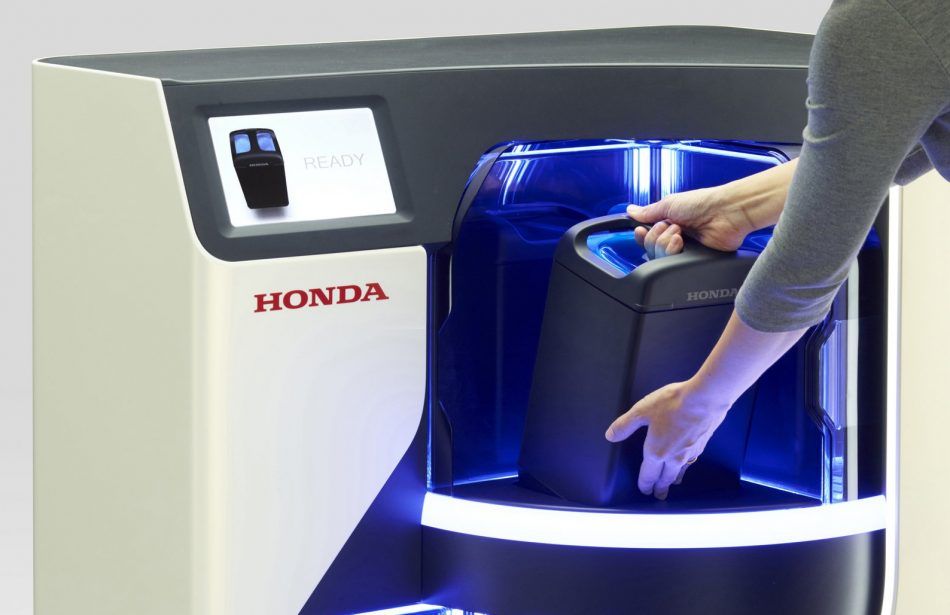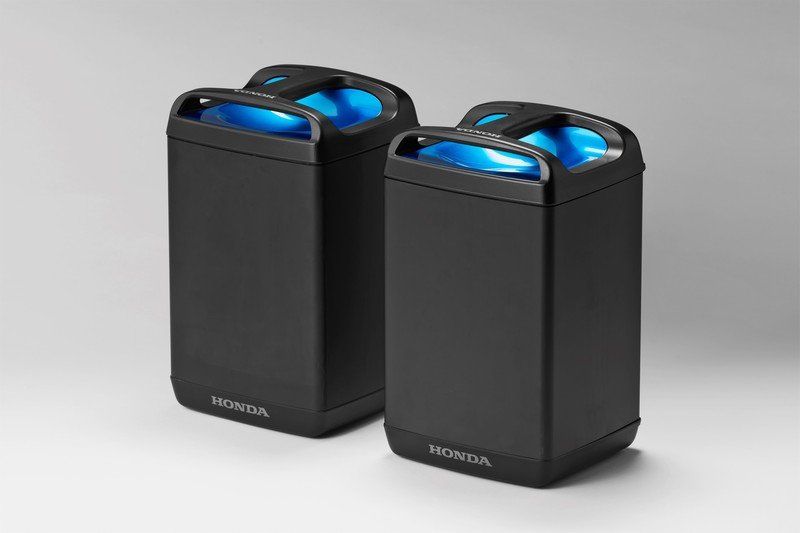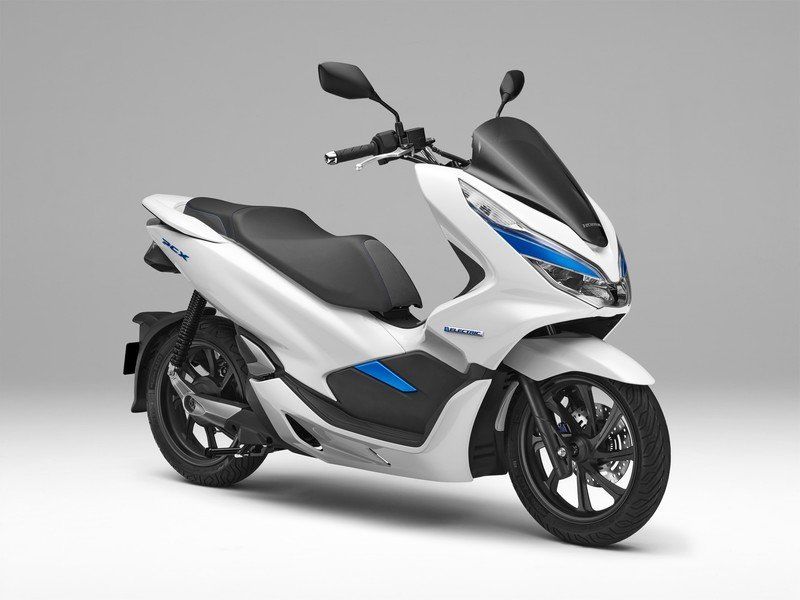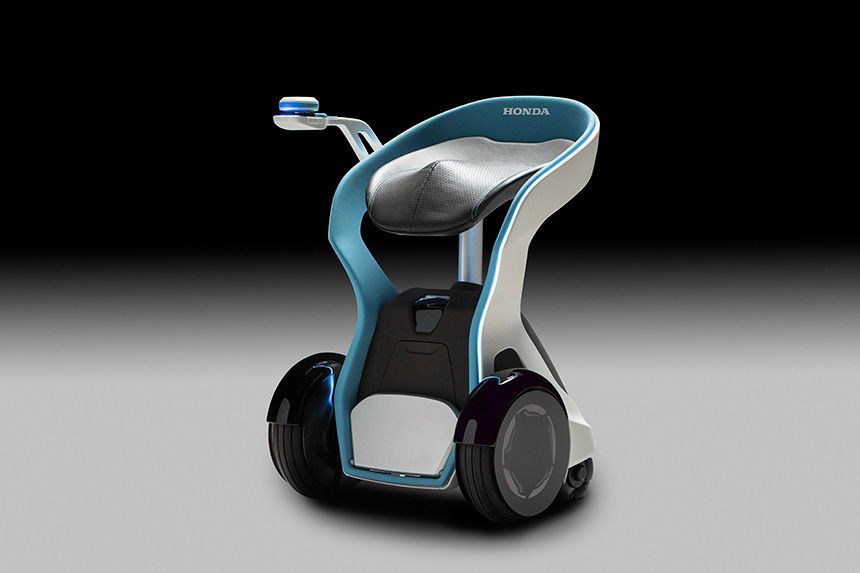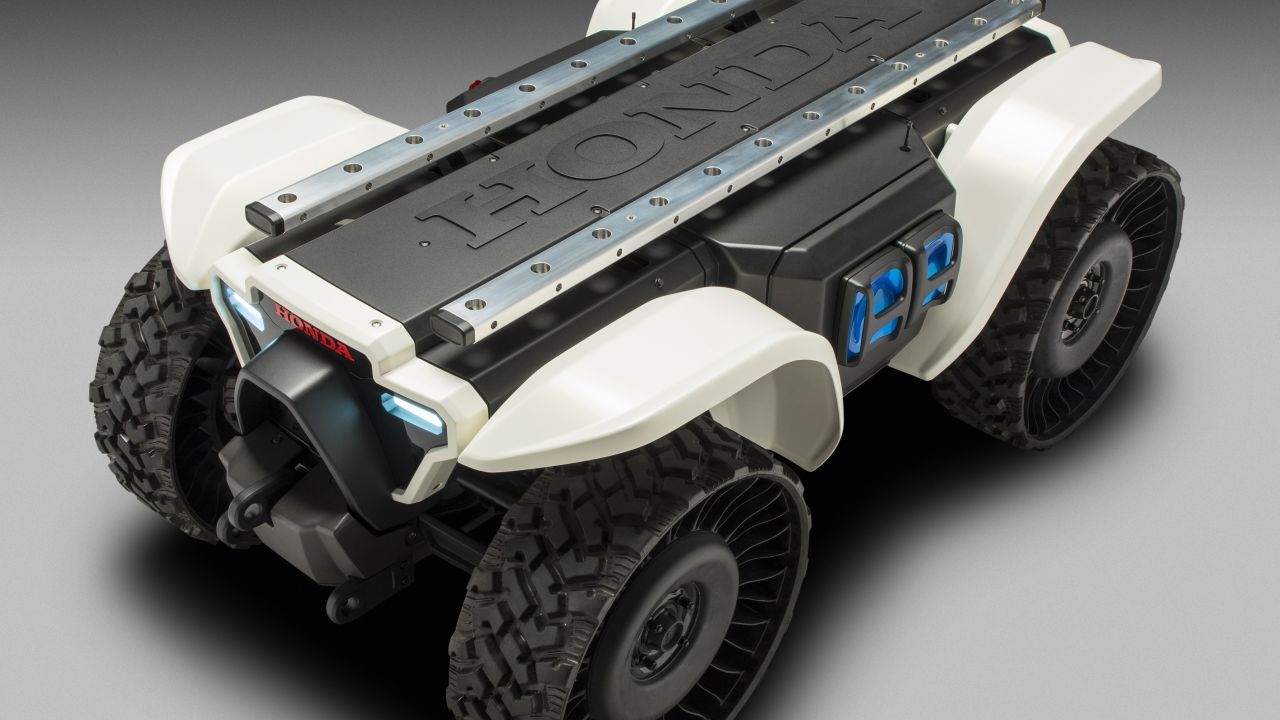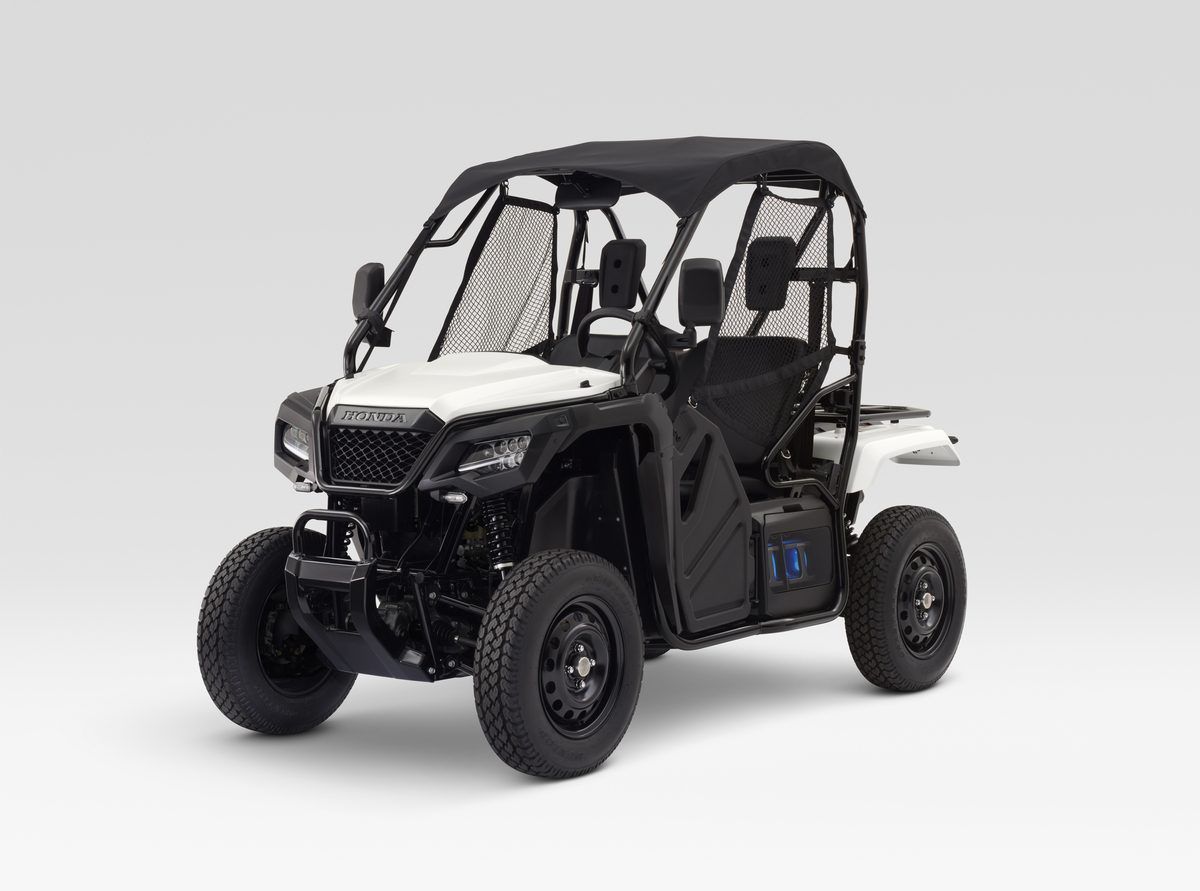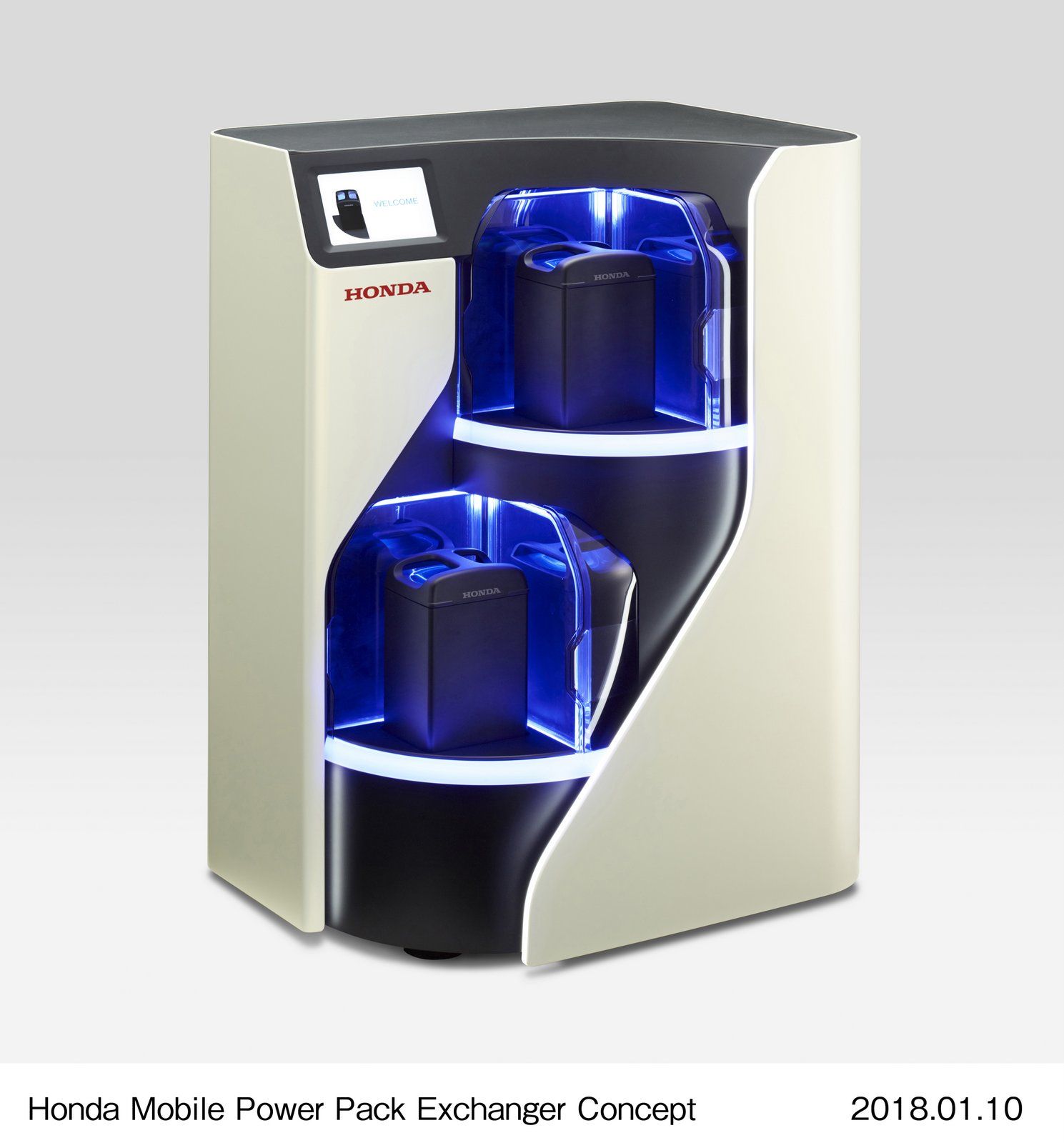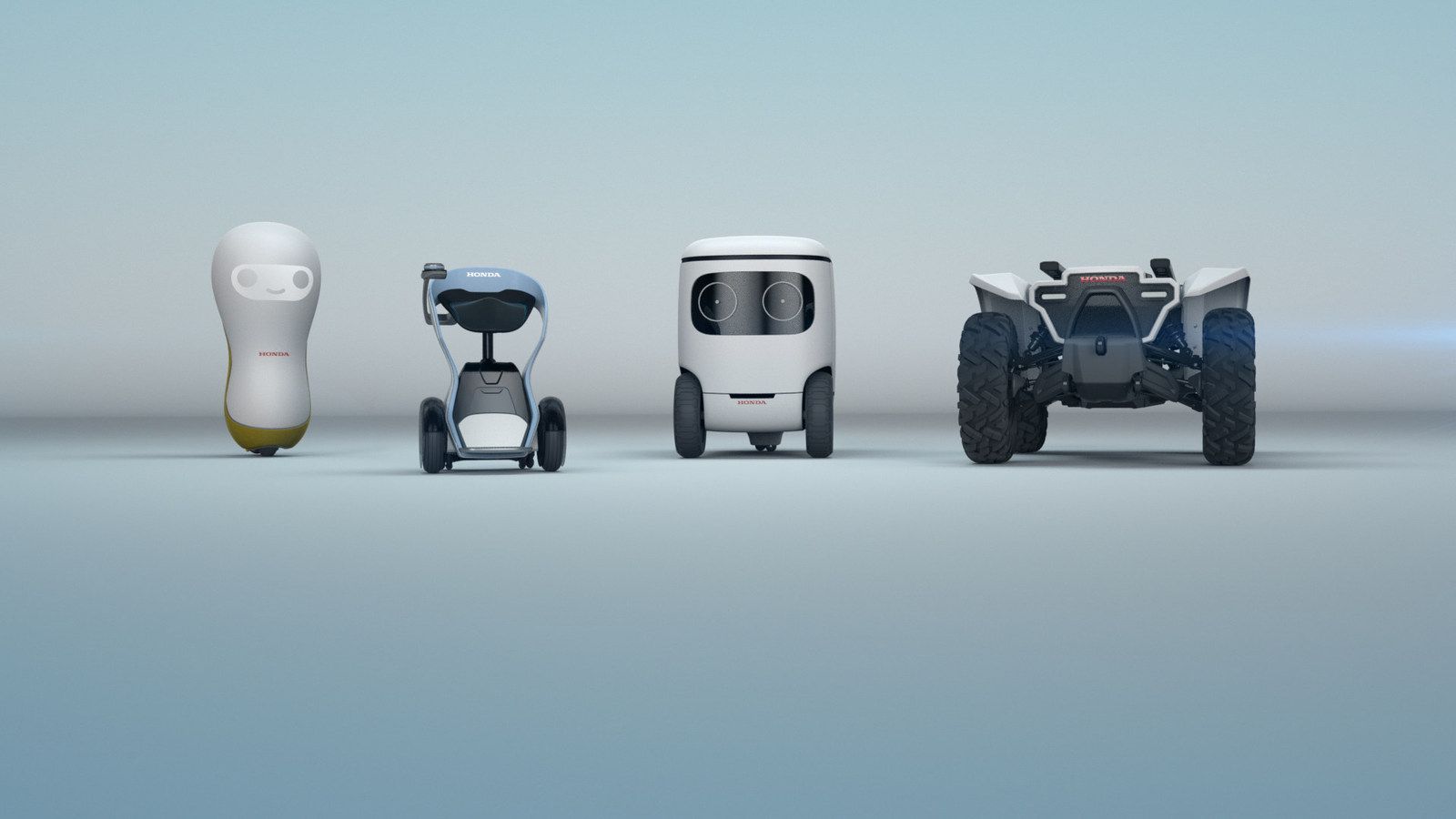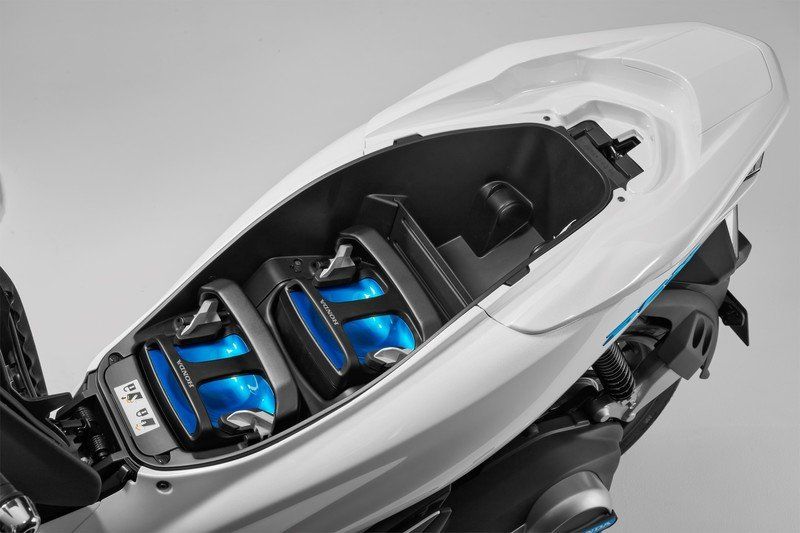Honda has always been at the forefront of technology and is a major player in the world of automotive solutions. Their recent significant development has been the introduction of electric vehicles onto the market and products and services supporting their sustainability.
Unveiled at the 2018 International CES, Honda showcases their brand new project, the Honda PCX Electric scooter and the replaceable batteries that can be standardized across all their EVs' churning inside their factories in the future.
The Las Vegas International Consumer Electronics Show (International CES) is the world’s biggest launch pad for innovation and technology that can change the course of the world. All kinds of manufacturers and developers showcase their high-tech products and give a glimpse of the next-generation innovations being introduced into our lives.
Honda, with a fanbase of 28 million customers all around the world, is just doing that with its PCX Electric scooter that comes with a detachable mobile battery pack, and a high-output motor developed independently by Honda. There is also an ATV and a buggy.
The highlight being the detachable battery unit. Honda has developed these batteries similar to the ones you use on your TV remote. Once they get drained, you can swap in new batteries and get an instant full charge.
Dubbed as ‘Mobile Power Packs,’ these batteries can be shared among other concept electric machines such as with the Honda Mobile Power Pack 4W-Vehicle Concept ATV, the 3E-B18 that wheels you around in a sitting position, the 3E-D18 four-wheeled buggy and all other future EVs' by Honda including the PCX ELectric scooter.
All the vehicles will make use one or more number of these batteries just the way we use multiple AA or AAA batteries to provide different levels of power to our electrical appliances.
Where will you find such batteries? Vending machines says Honda. The Japanese firm plans to have battery vending machines called ‘Mobile Power Pack Exchangers’ on the streets that will disperse new batteries once you deposit your old ones. Swipe your credit card and carry your fully charged battery home.
These ‘Mobile Power Pack Exchangers’ makes a lot of sense in the long run. They resource energy from solar or wind farms and will be open 24/7 and will carry enough stock to suppress any demands. At off-peak times, it will recharge the dead batteries and make sure they are never out of stock. It can also provide energy back to the grid when there is a spike in demand.
Although all this is an excellent piece of technology meant to run cleaner motorcycles, it is going to take at least a couple of years until Honda can completely develop this tech and make use of it on multiple platforms. But Honda’s vision of using identical, swappable power packs across a wide range of different devices is much easier to understand than to implement.
In fact, back in March last year, Honda entered into a Joint Venture with another Japanese brand, Hitachi. They have christened the JV as Hitachi Automotive Electric Motor Systems, and it will be heeding to develop, manufacture and sales of motors and batteries for electric vehicles, both for Honda and other players.

